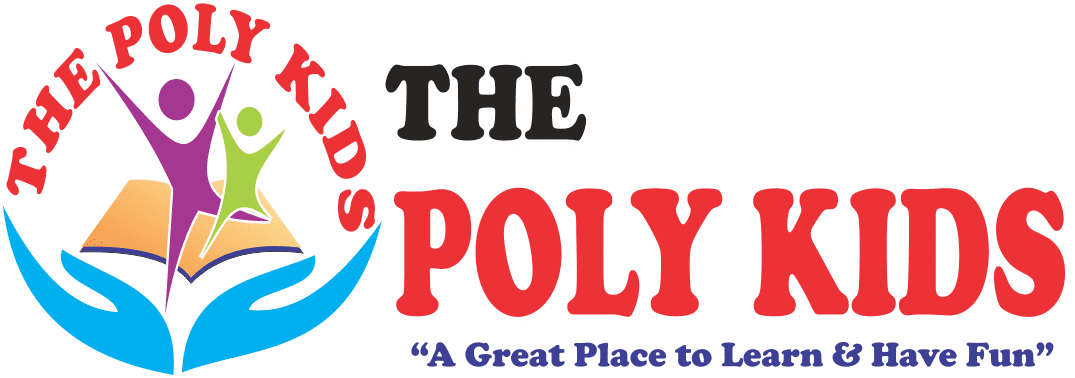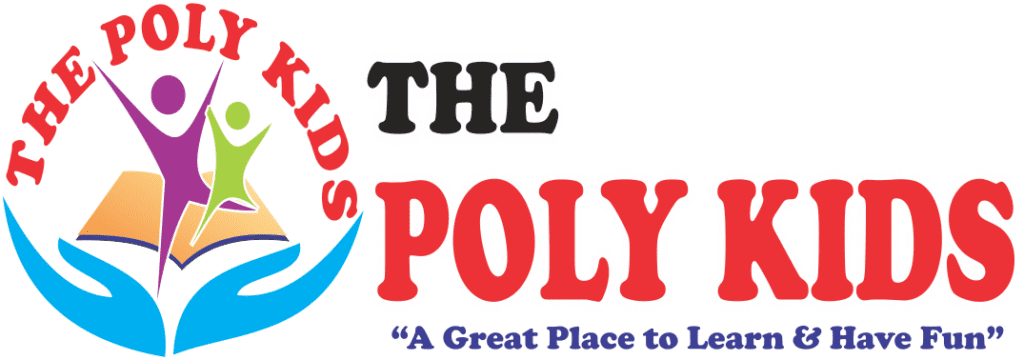Empowering Young Minds
In the bustling city of Dehradun, parents are faced with a myriad of choices when it comes to their child’s education. Amidst the options available, one approach stands out for its effectiveness in nurturing critical thinking, creativity, and problem-solving skills – Project-Based Learning. At Dehradun’s best play school, we understand the transformative power of this methodology and its ability to inspire a lifelong love for learning. Join us as we explore the magic of Project-Based Learning and its impact on young minds.
1. Understanding Project-Based Learning:
Project-Based Learning is an innovative educational approach that empowers students to explore real-world problems and challenges through hands-on projects. It encourages collaboration, critical thinking, and creativity, fostering deeper learning experiences.
2. The Importance of Choosing the Best Play School:
As parents search for the best play school near them, it’s crucial to consider the educational methodologies employed. A top preschool in Dehradun embraces Project-Based Learning, providing a dynamic and engaging environment for young learners to thrive.
3. Nurturing Curiosity and Inquiry:
Project-Based Learning encourages children to ask questions, investigate topics of interest, and seek solutions independently. In a kindergarten school in Dehradun that adopts this approach, curiosity is nurtured, and children are empowered to explore their interests.
4. Hands-On Learning Experiences:
Unlike traditional teaching methods, where learning is often passive, Project-Based Learning emphasizes active engagement and hands-on experiences. A nursery school in Dehradun that incorporates this methodology provides children with opportunities to apply theoretical knowledge to real-world scenarios.
5. Developing Critical Thinking Skills:
Critical thinking is a vital skill for success in the 21st century. Through Project-Based Learning, children learn to analyze information, evaluate evidence, and make informed decisions, skills that are essential for academic and personal growth.
6. Fostering Collaboration and Communication:
Project-Based Learning encourages collaboration among peers, fostering teamwork, and effective communication skills. In a primary school in Dehradun that embraces this approach, children learn to work together, share ideas, and solve problems collectively.
7. Cultivating Creativity and Innovation:
Creativity is at the heart of Project-Based Learning. Children are encouraged to think outside the box, explore new ideas, and innovate solutions to complex challenges. In a pre-primary school in Dehradun, creativity is nurtured through open-ended projects and activities.
8. Connecting Learning to Real-world Contexts:
Project-based learning bridges the gap between classroom learning and real-world applications. Whether designing a sustainable garden or creating a community service project, children in a play school in Dehradun learn to make meaningful connections to the world around them.
9. Empowering Student Agency:
Project-Based Learning empowers students to take ownership of their learning journey. In a daycare center school in Dehradun that adopts this approach, children have the freedom to choose projects based on their interests, passions, and curiosities.
10. Encouraging Reflection and Iteration:
Reflection is an integral part of Project-Based Learning. Children are encouraged to reflect on their progress, identify challenges, and revise their approaches accordingly. Through this iterative process, they develop resilience and a growth mindset.
11. Incorporating Multidisciplinary Learning:
Project-Based Learning encourages the integration of various subjects and disciplines. Children in a preschool in Dehradun engage in cross-curricular projects that encompass elements of science, mathematics, language arts, and social studies, providing a holistic learning experience.
12. Promoting Inclusivity and Diversity:
In a multicultural city like Dehradun, Project-Based Learning celebrates diversity and promotes inclusivity. Children from diverse backgrounds collaborate on projects, fostering empathy, understanding, and appreciation for different perspectives.
13. Tailoring Learning to Individual Needs:
Project-Based Learning allows for personalized learning experiences, catering to each child’s unique interests, strengths, and learning styles. In a top preschool in Dehradun, educators differentiate instruction to meet the diverse needs of every student.
14. Engaging Parents as Partners:
Parents play a vital role in supporting Project-Based Learning initiatives. Through family involvement projects, workshops, and parent-teacher collaborations, a kindergarten school in Dehradun fosters a strong partnership between home and school.
15. Embracing Technology as a Tool:
Technology enhances the Project-Based Learning experience, providing access to resources, tools, and platforms for collaboration. In a primary school in Dehradun, children leverage technology to research, create, and present their project findings.
16. Assessing Learning through Authentic Tasks:
Assessment in Project-Based Learning focuses on authentic tasks and demonstrations of understanding. Children showcase their learning through presentations, portfolios, and project artifacts, providing a more holistic view of their capabilities.
17. Preparing for the Future World of Work:
Project-based learning equips children with essential skills for success in the future world of work, including collaboration, critical thinking, communication, and problem-solving. In a nursery school in Dehradun, children develop the skills they need to thrive in a rapidly evolving society.
18. Creating Future Leaders and Innovators:
Project-Based Learning inspires children to become future leaders and innovators. By tackling real-world problems and challenges, they develop a sense of agency, resilience, and creativity, laying the foundation for future success.
19. Fostering a Love for Lifelong Learning:
Project-Based Learning cultivates a love for lifelong learning, instilling in children a curiosity and passion for discovery that extends beyond the classroom. In Dehradun’s best play school, children embark on a journey of exploration and growth that lasts a lifetime.
20. Making Informed Choices for Your Child’s Education:
When choosing a preschool, daycare center, or primary school in Dehradun, it’s essential to consider the educational approach and philosophy. Project-Based Learning offers a research-backed, hands-on approach that prepares children for success in the 21st century and beyond.
Conclusion
Project-based learning is not just a teaching method; it’s a philosophy that empowers children to become active, engaged learners who are equipped to navigate the complexities of the modern world. In Dehradun’s vibrant educational landscape, choosing a preschool or primary school that prioritizes this approach can make all the difference in shaping a child’s future success and happiness.


